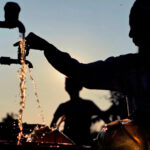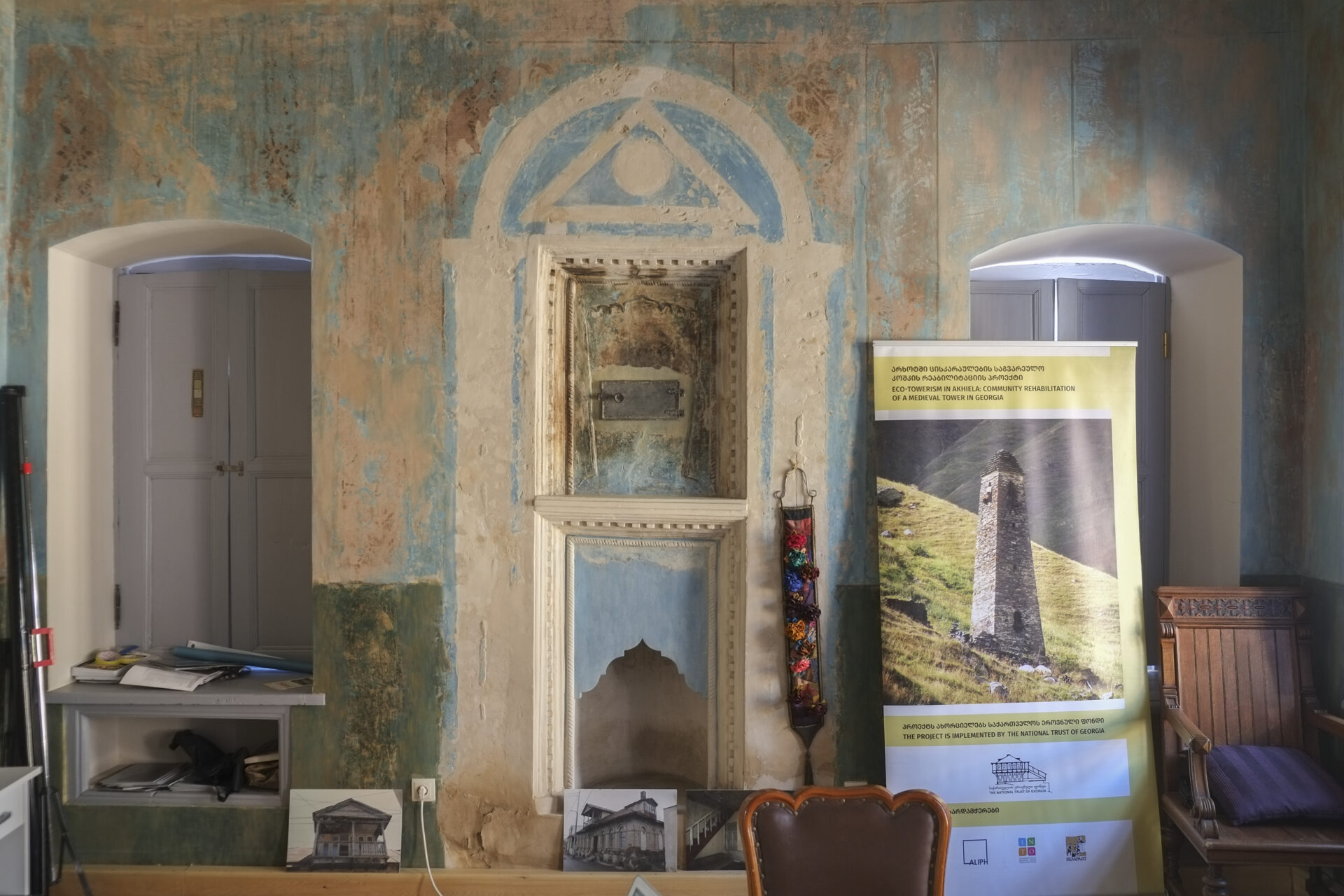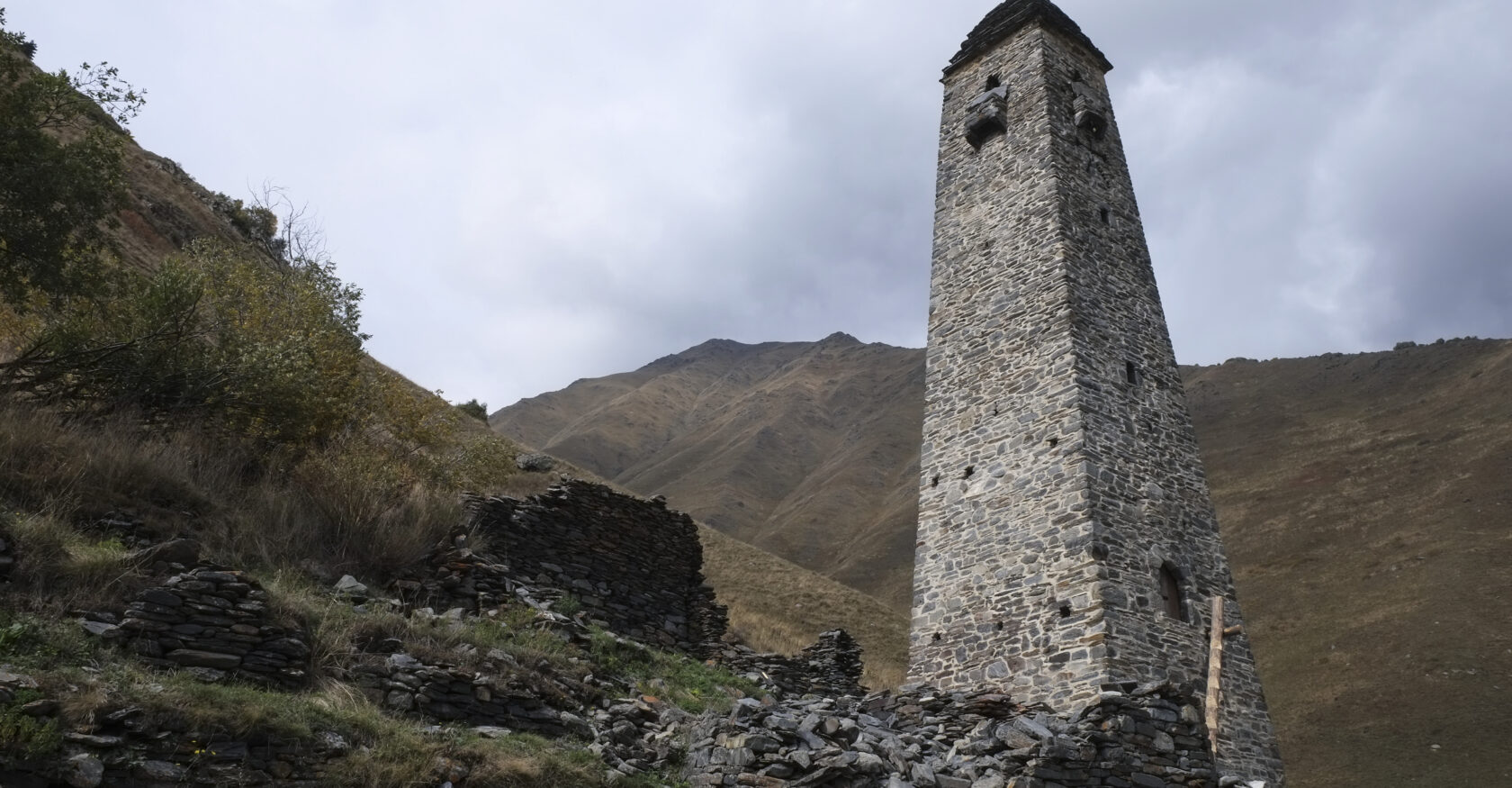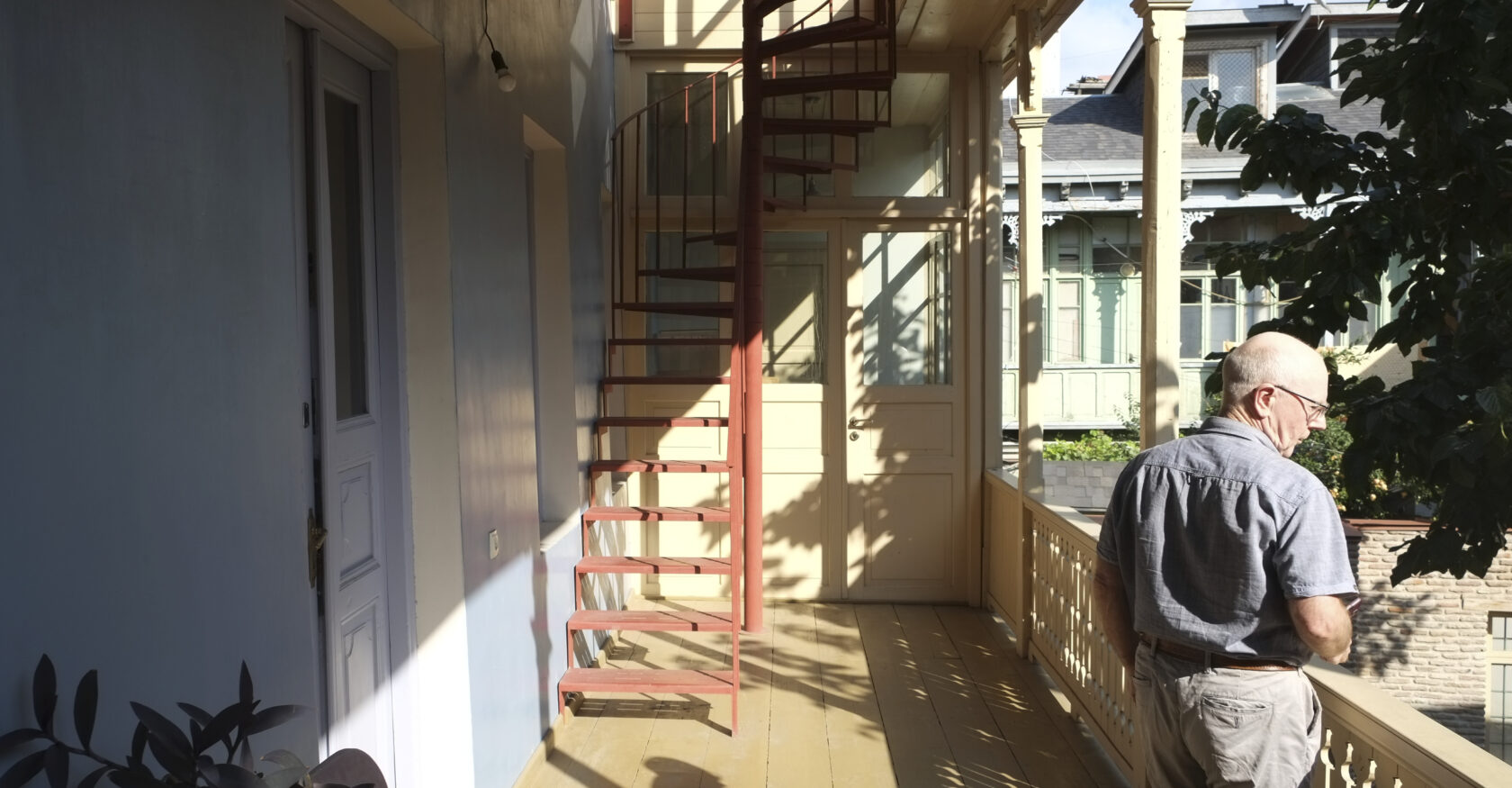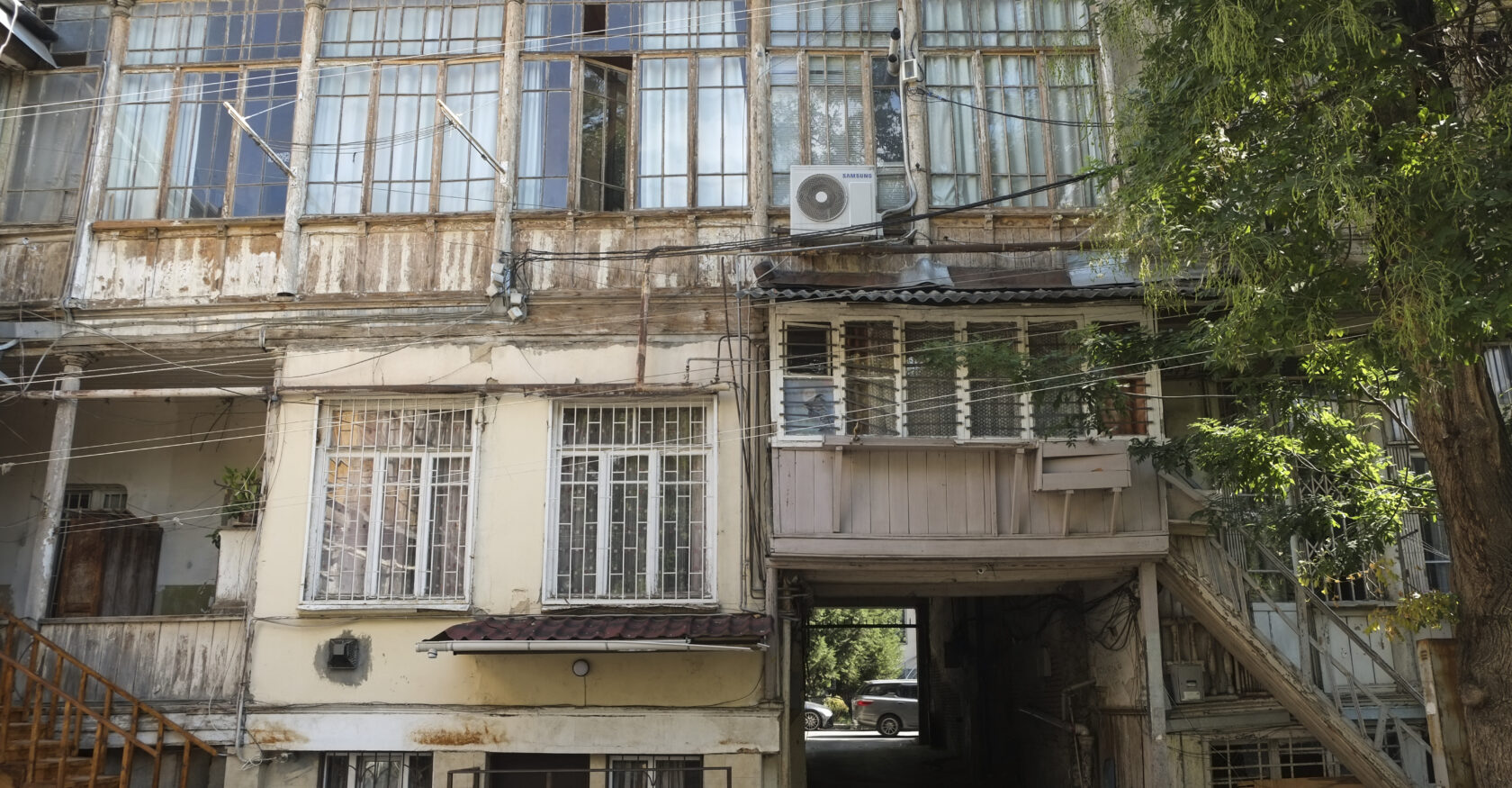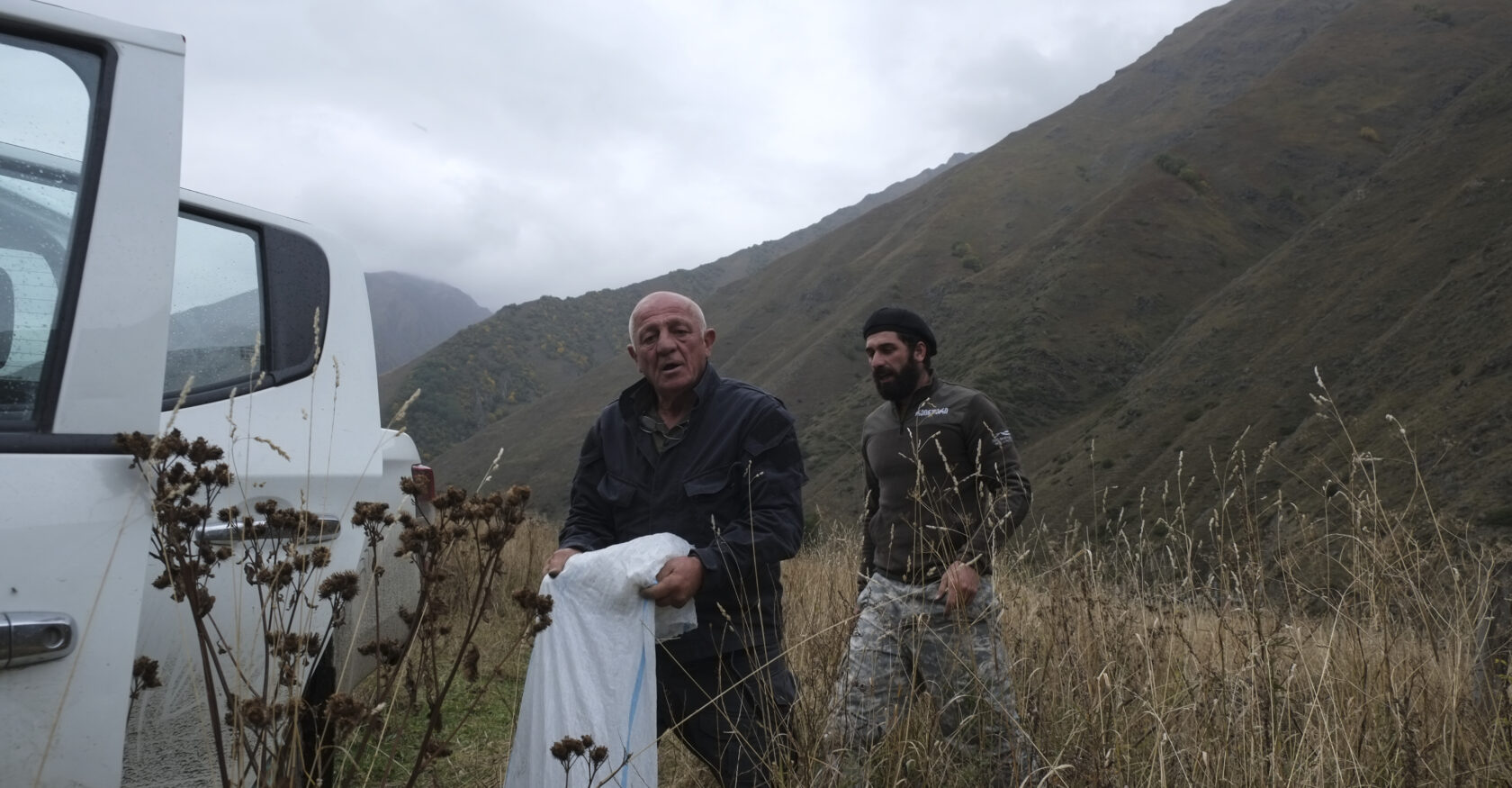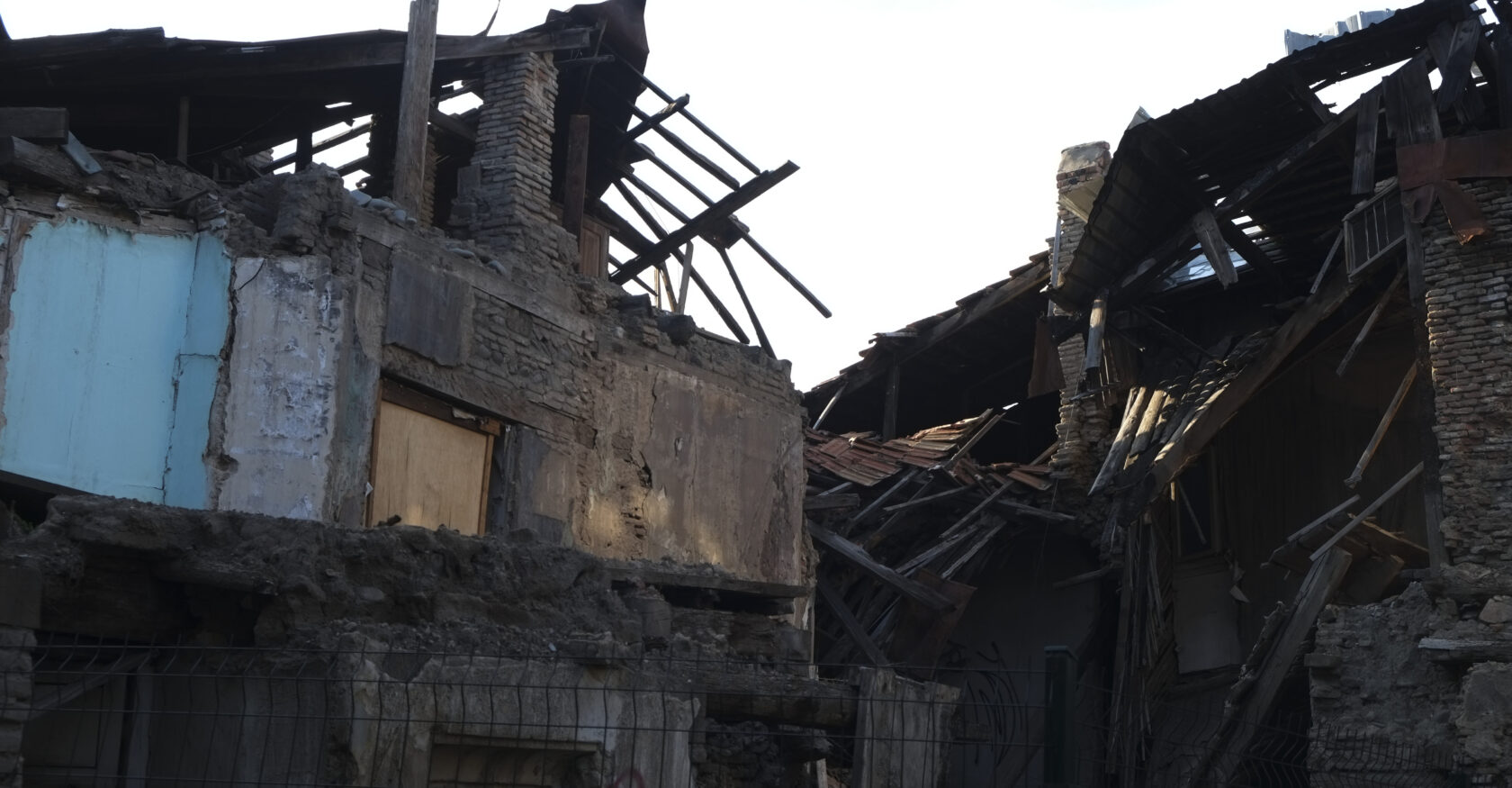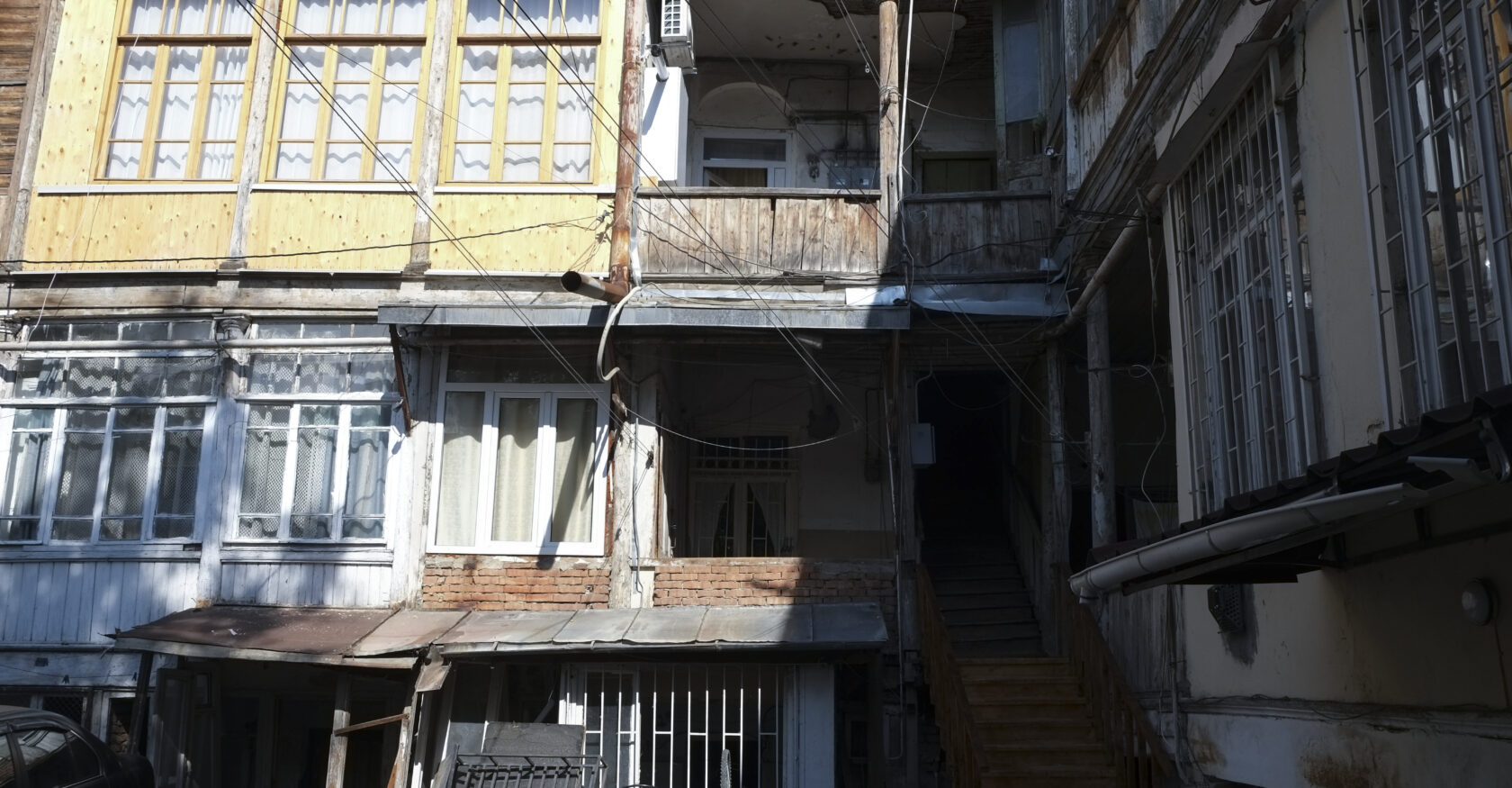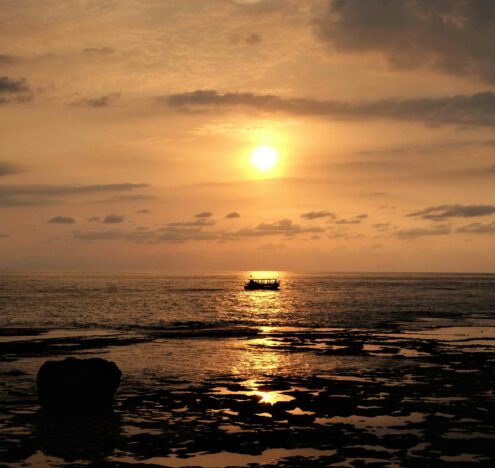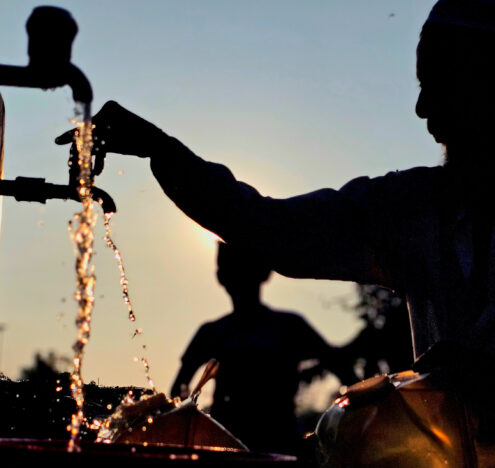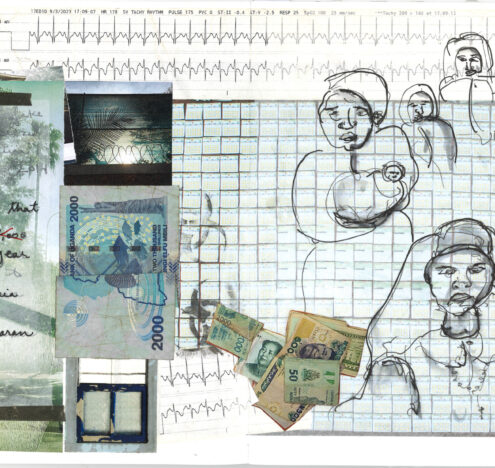Niko, my driver, crosses himself three times as we reach the top of the mountain pass. The road before us, winding precariously downward into the Arkhoti Gorge, is hidden in clouds. This is one of the most remote places in the Georgian Caucasus. Further north lies Chechnya.
The tiny Akhieli village in the Arkhoti Gorge is home to around three families; their homes are nestled in the valley floor. Overlooking the settlement is Tsiskarauli Tower, a medieval military fort. This region, Khevsureti, is renowned for its warlike past: Raiders would often cross the northern border. When threatened, the Khevsurs of the valley would retreat into their tower, to cast down rocks and hot tar upon their attackers. With the stepladder raised, they could shelter inside for days.
Conflict around the tower isn’t just a thing of the past. During the Second Chechen War in 2001, the Russian army fired two missiles at Tsiskarauli Tower. The entrance and one of the windows were reduced to rubble.
The tower’s restoration, organized by the National Trust of Georgia, was completed this September. Georgian, British, and French volunteers worked in the valley through the summer months — snow severs the mountain road in winter — mixing mortar and laying stones. The tower, once at risk of collapse, has been preserved.
Heritage, according to historian David Lowenthal, is “the celebration of the past for present purposes.” Symbols matter more than sites.
Histories of History
“We are a country of ancient civilization!” Mikheil Saakashvili, Georgia’s then-president, proclaimed in September 2008. Crowds had gathered to hear him speak in Tbilisi’s Liberty Square, around a monument to Saint George, where Lenin’s statue had once stood. The speech struck a defiant tone, despite Georgia’s recent defeat in the Russo-Georgian War. Its message was clear: Georgia was stepping out of its northern neighbor’s shadow. Saakashvili saw himself as a nation-builder. Georgia’s pre-Soviet history was the foundation.
Only 9.3% of Georgians think that heritage sites have social value.
Nato Tsintsabadze has dedicated her life to that history. She trained as a conservation architect during perestroika — the political and economic liberalization of the Soviet system in the late 1980s — when nascent nationalism was breathing new life into Georgia’s heritage sector. But the economic anguish of the 1990s gave Georgians more pressing concerns. Tsintsabadze recalled that conservation work stalled; artworks went missing from museums. “There was no public awareness, no education,” Tsintsabadze told me, “That’s why the majority today think that only medieval castles and churches are important.” A 2014 poll suggests that only 9.3% of Georgians think that heritage sites have social value.
Tsintsabadze is now president of ICOMOS Georgia, an NGO working to protect the country’s historical sites. It’s an uphill battle.
“It’s all about money – today, now, quickly,” she told me. In 2009, the Tbilisi City Council oversaw the demolition of Mirza Shafi Street, the oldest in Tbilisi, to make way for as-yet unfinished luxury housing. Sakdrisi, perhaps the world’s most ancient gold mine, was blown up by a private mining company in 2014, after the site’s protected status was revoked. The ruling party, Georgian Dream, then blocked a parliamentary probe into the affair.
In 2008, the Georgian Orthodox Church announced a controversial reconstruction project on Bagrati Cathedral, a UNESCO World Heritage Site. The Church enjoys overwhelming public support, making it the most influential institution in Georgia today. A constitutional agreement, which recognizes its “outstanding role” in the country’s history, gives it discretion over all religious sites. It didn’t matter that the knowledge needed to reconstruct the 11th-century ruin had been lost to history; “the Church was obsessed,” Tsintsabadze said. Part of Bagrati’s original cupola was destroyed, replaced with a replica. Following the scandal, UNESCO delisted the site.
These losses still haunt Tsintsabadze: “We can’t deliver to future generations what we got from our ancestors. That’s painful.”
International National Heritage
Somewhat ironically, support for conservation work in Georgia often comes from abroad. The US embassy is a prominent donor, as is the Council of Europe. Tsiskarauli’s restoration was funded by the ALIPH Foundation, a Geneva-based NGO. The National Trust of Georgia was co-founded by an English writer, Peter Nasmyth.




